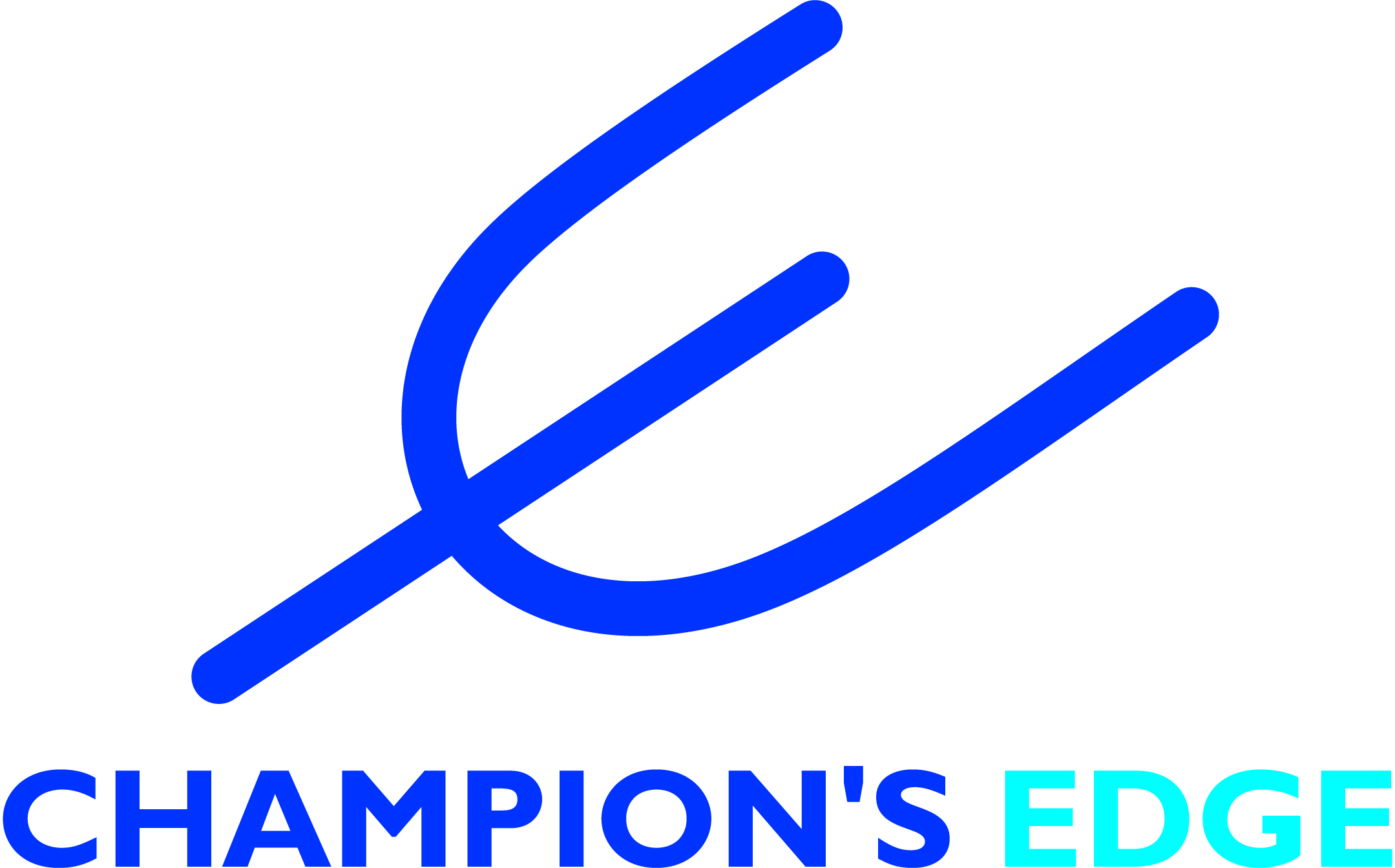Calling more sport psychologists, please.
Of all the sport sciences making noise in the field of Philippine sports, sport psychology seems to be the most muted. Strength and conditioning and sports nutrition have become more familiar in the country’s sporting circles, while sport psychology continues to be a mystery. In my opinion, the two biggest reasons for sport psyche’s obscurity is its lack of “visible” results, at least in the way that you get visibly ripped abs after doing 1,000 crunches a day.
Most teams and individual athletes now employ the services of a strength and conditioning coach, be it in the pros, the national teams, or in the UAAP/NCAA. Physical strengthening has evolved from the haptic world of “just lifting barbells” to the more progressive and effective realm of functional strength training. You see players doing dynamic stretching before games, gym junkies doing core exercises, and man-mountains trying their hand out in suspension training. The rise of mixed martial arts has gotten a lot of fitness addicts downloading training videos of Georges St. Pierre or watching those famous pre-fight features showing mixed martial artists sprinting with parachutes, “sledge-hammering” a giant tire, or bouncing over hurdles.
Athletes have also become more conscious of their eating habits- the domain of sports nutrition. While not a lot of athletes or teams officially employ a sports nutritionist, eating “the right food, the right way” has become common sense because the effects (positive or negative) are visible instantly. Hydrate properly, and you get a good 10K run. Go meal-less before a fight, and you’ll have legs of jelly in the ring.
In sport psychology, the effects are more emotional, personal, and therefore, virtually invisible. Ask athletes if they want to be mentally tough, and I’m sure all will say, “yes,” but ask them if they’re willing to invest time and money in it? Ay, there’s the rub.
It’s a challenge, really, trying to carve the “sport psych” space in the field of sports here in the country. But in my experience working with athletes, I’ve seen how athletes/coaches/sports officials started warming and opening up to the field AFTER they’ve had a few sessions. The sessions could either be formal talks, one-on-one, group, or simply “hang out” sessions, doesn’t matter. When they go through it, then they realize how important it is.
That’s why I think strong advocacy efforts are key at this stage. Make them aware – make YOU aware – and hopefully, we start giving the field the time and attention it deserves.
